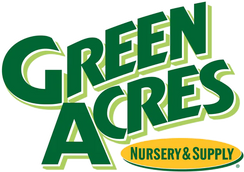
March Garden Solutions
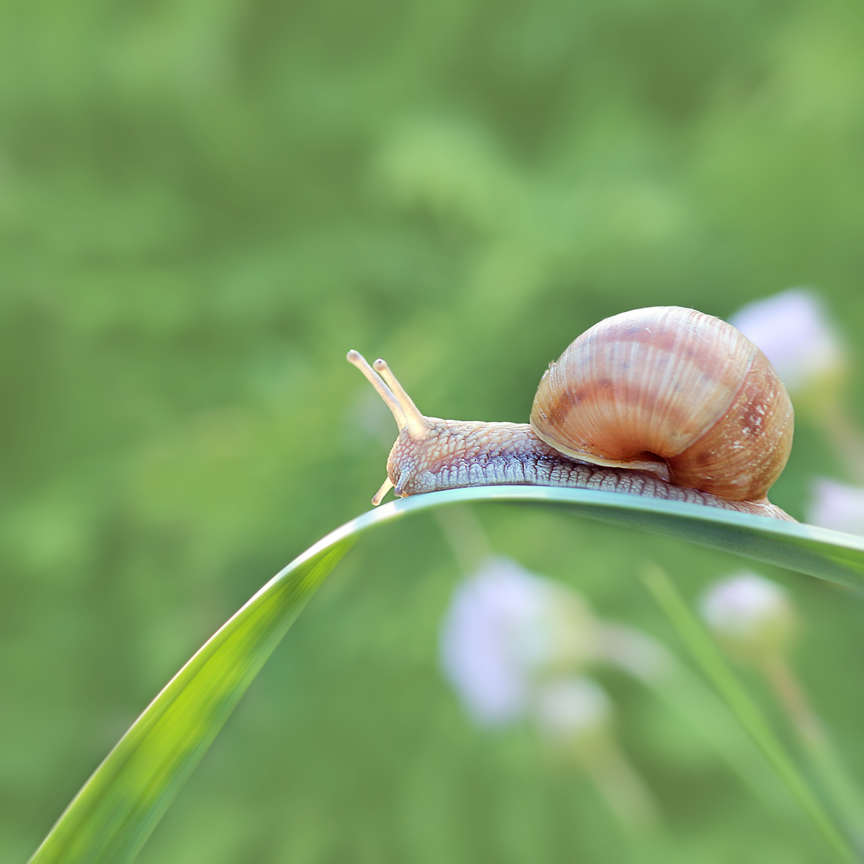
Early Spring Pest Prevention
Our garden gurus have been getting questions about insect pests this month,
and we’d like to share with you the best practices for taking care of some
unwanted visitors. Snails and slugs, aphids, mosquitoes, spittlebugs and more,
top the "to-do" list this month.
and we’d like to share with you the best practices for taking care of some
unwanted visitors. Snails and slugs, aphids, mosquitoes, spittlebugs and more,
top the "to-do" list this month.
Snails and Slugs
Damage from snails and slugs has a distinctive look. These mollusks with rasping mouth parts leave irregular shaped holes, with smooth edges. They can damage leaves, flowers, and even citrus.
To control snails and slugs, we're proposing a multi-pronged plan: the right plants, the right trap, and the right bait.
To control snails and slugs, we're proposing a multi-pronged plan: the right plants, the right trap, and the right bait.
- Look for strongly-scented and woody plants, such as lavender, rosemary and sage. Ornamental grasses are also resistant. Placing snail and slug resistant plants around your yard can deter these slimy pests.
- Make use of their need of dark, moist areas to hide as a trap. Place boards or cardboard out for snails and slugs to hide under during the day. They come to you, and you can kill them with ease.
- We recommend Monterey Sluggo as an effective, long-term bait—safe for you and your pets. All baits attract, and need specific placement. Bait at the plant gives snails and slugs time to eat the bait, along with your plant! Follow bait directions carefully.
Pest Prevention Tip: Using drip stops snails and slugs. Sprinklers put water everywhere, not just at the base of the plant, creating snail and slug habitat everywhere.
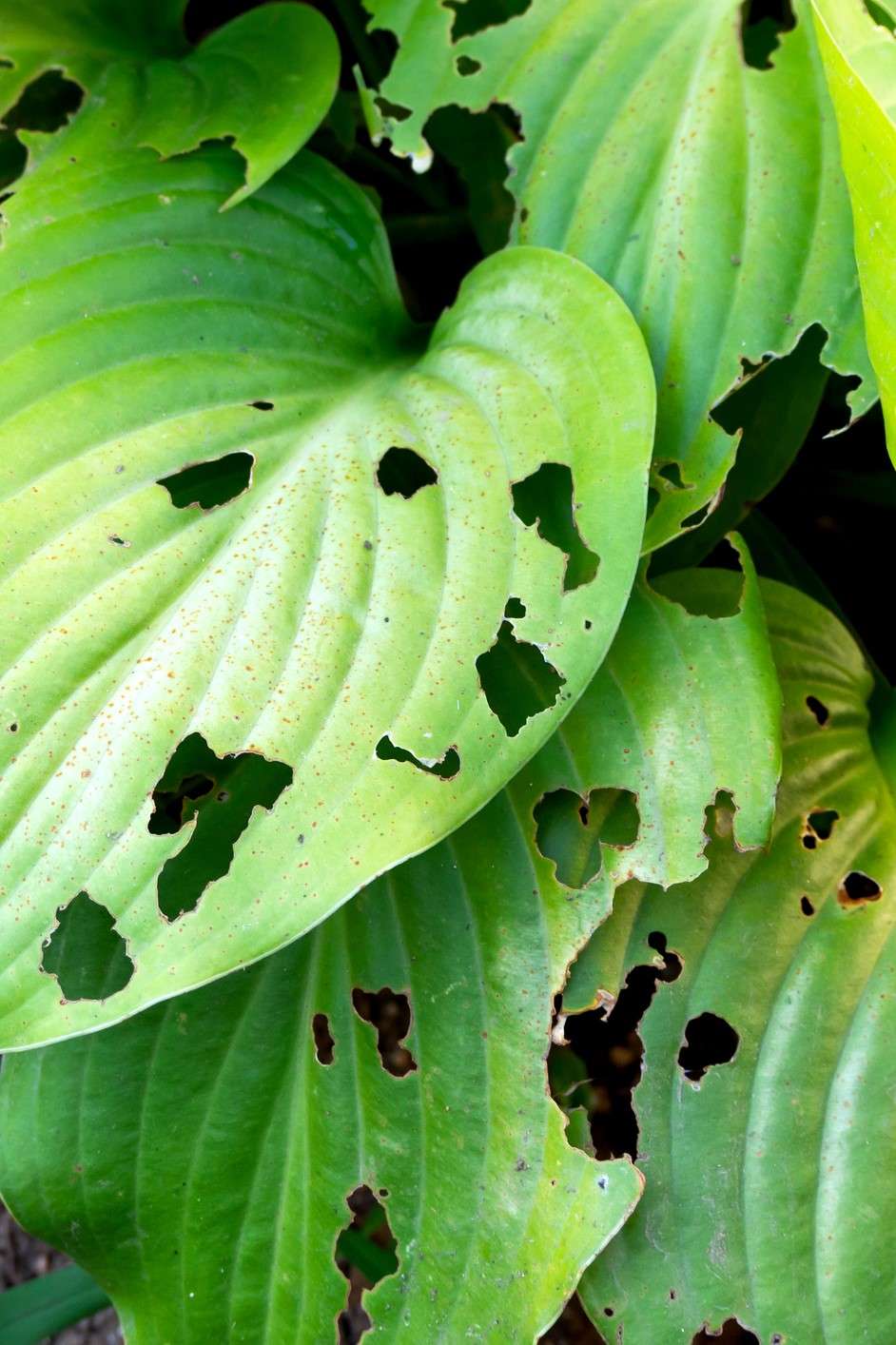
Signs of slug and snail damage on a hosta.
Aphids
Early spring also brings out aphids, distorting young leaves and flowers. Please choose organic fertilizers to fight aphids. Synthetic fertilizers invite aphids by forcing a high rate of tender growth. We recommend Tanglefoot as a safe organic way to stop ants from bringing aphids to your trees. If a pesticide is needed, choose one that targets aphids, such as Bonide Neem Oil. Broad spectrum pesticides often kill the beneficial insects who eat aphids, allowing aphids to become a constant problem.
Pest Prevention Tip: Bonide Neem Oil also works against whiteflies, spider mites, and diseases like powdery mildew and rust.
Pest Prevention Tip: Bonide Neem Oil also works against whiteflies, spider mites, and diseases like powdery mildew and rust.
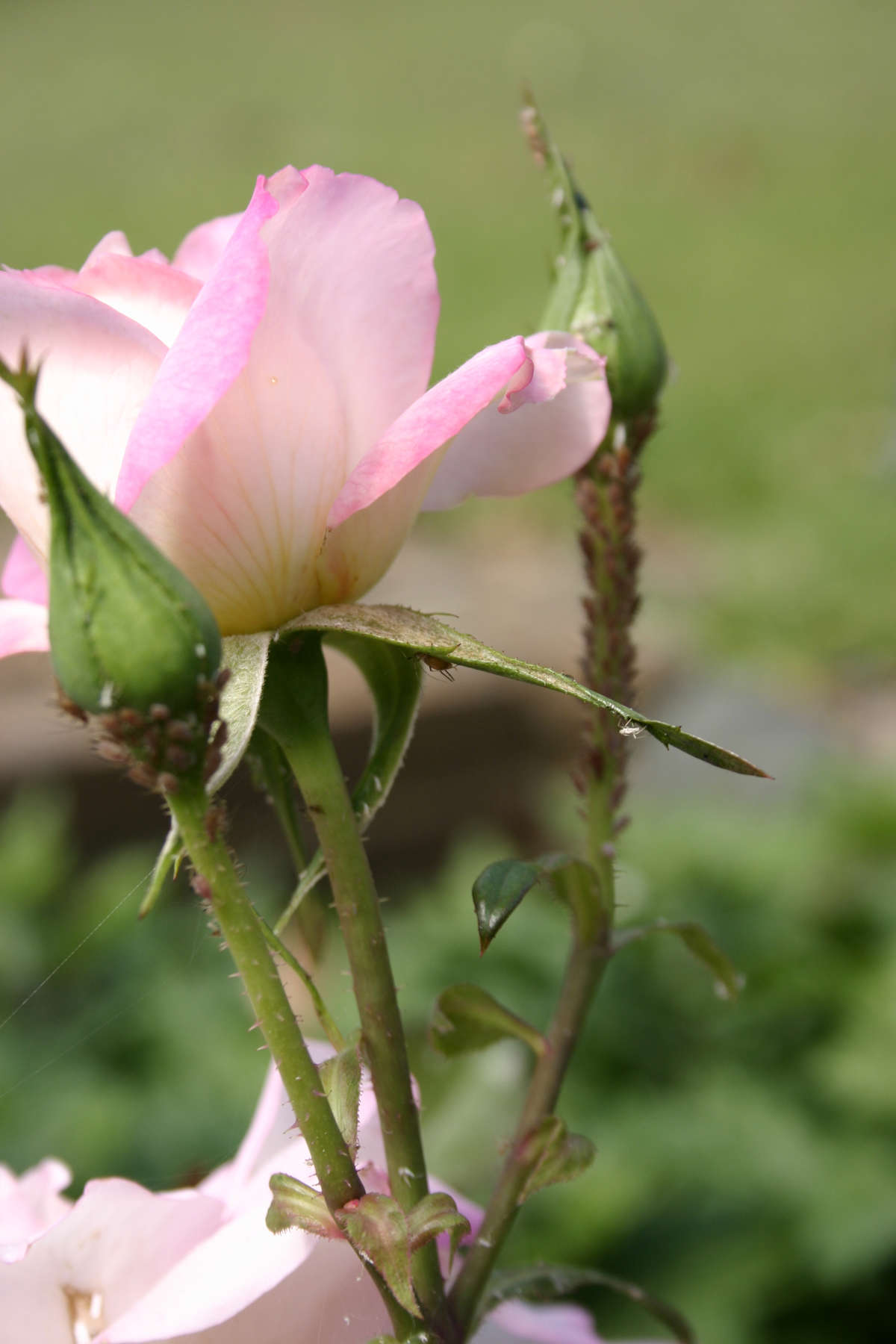
Aphids feed on many plants.
Mosquitoes
Mosquitoes can make life in the garden and yard really miserable. Mosquitoes only need a teaspoon of water or soggy soil to breed. Before the warm weather gets here, be sure to test run your irrigation for leaks and make repairs. Fix dripping faucets. If rains show soggy areas, it's time to improve drainage. We have drainage supplies to help you with your project.
Our gurus recommend Summit Mosquito Bits, containing Bt, against mosquitoes. Bt works by killing at the larval stage. For a few days, you will have adults, but not for long, as the mosquito cycle is destroyed.
Summit Mosquito Dunks are ideal for water features because they biodegrade, each dunk covers up to 100 sq ft, and will continue working up to 30 days.
Pest Prevention Tip: Products containing Bt will also help control fungus gnats.
Our gurus recommend Summit Mosquito Bits, containing Bt, against mosquitoes. Bt works by killing at the larval stage. For a few days, you will have adults, but not for long, as the mosquito cycle is destroyed.
Summit Mosquito Dunks are ideal for water features because they biodegrade, each dunk covers up to 100 sq ft, and will continue working up to 30 days.
Pest Prevention Tip: Products containing Bt will also help control fungus gnats.
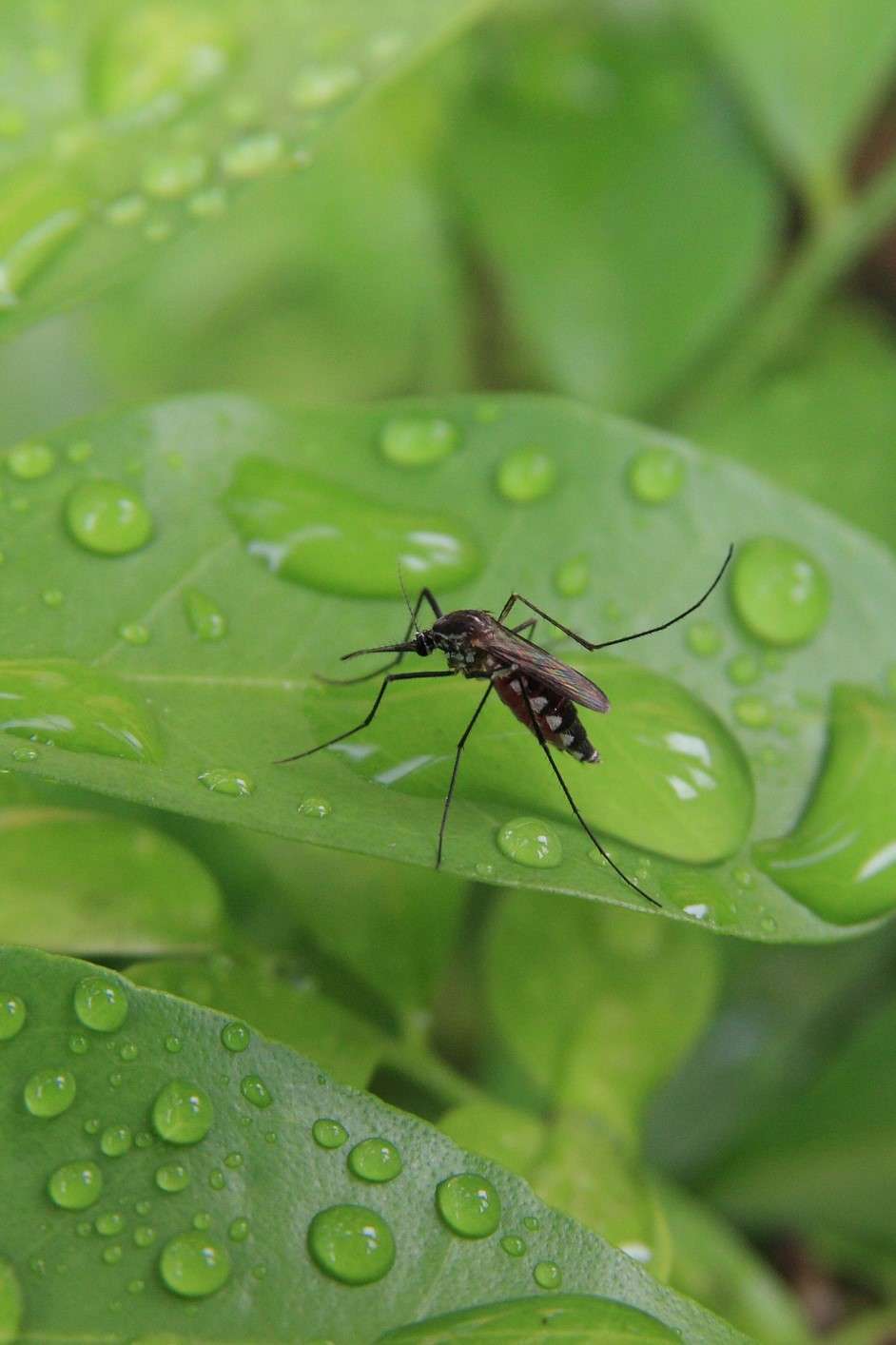
Mosquitoes find water.
Spittlebugs and Beyond!
Spittlebugs are noticed by the white bubbly froth they create as protection. Spittlebugs may be annoying, but they do not seriously harm woody plants. Because of the froth, it is hard for insecticides to reach them. Simply spraying them off with a hose works well.
As you prepare garden beds, you may be finding whitish, c-shaped grubs, the size of a quarter, or smaller. Grubs eat plant roots. Orcon Beneficial Nematodes are organic and safe for edible gardens, and can provide excellent year-long control.
Pest Prevention Tip: Beneficial nematodes will also destroy fleas that bothered your pets last year.
As you prepare garden beds, you may be finding whitish, c-shaped grubs, the size of a quarter, or smaller. Grubs eat plant roots. Orcon Beneficial Nematodes are organic and safe for edible gardens, and can provide excellent year-long control.
Pest Prevention Tip: Beneficial nematodes will also destroy fleas that bothered your pets last year.
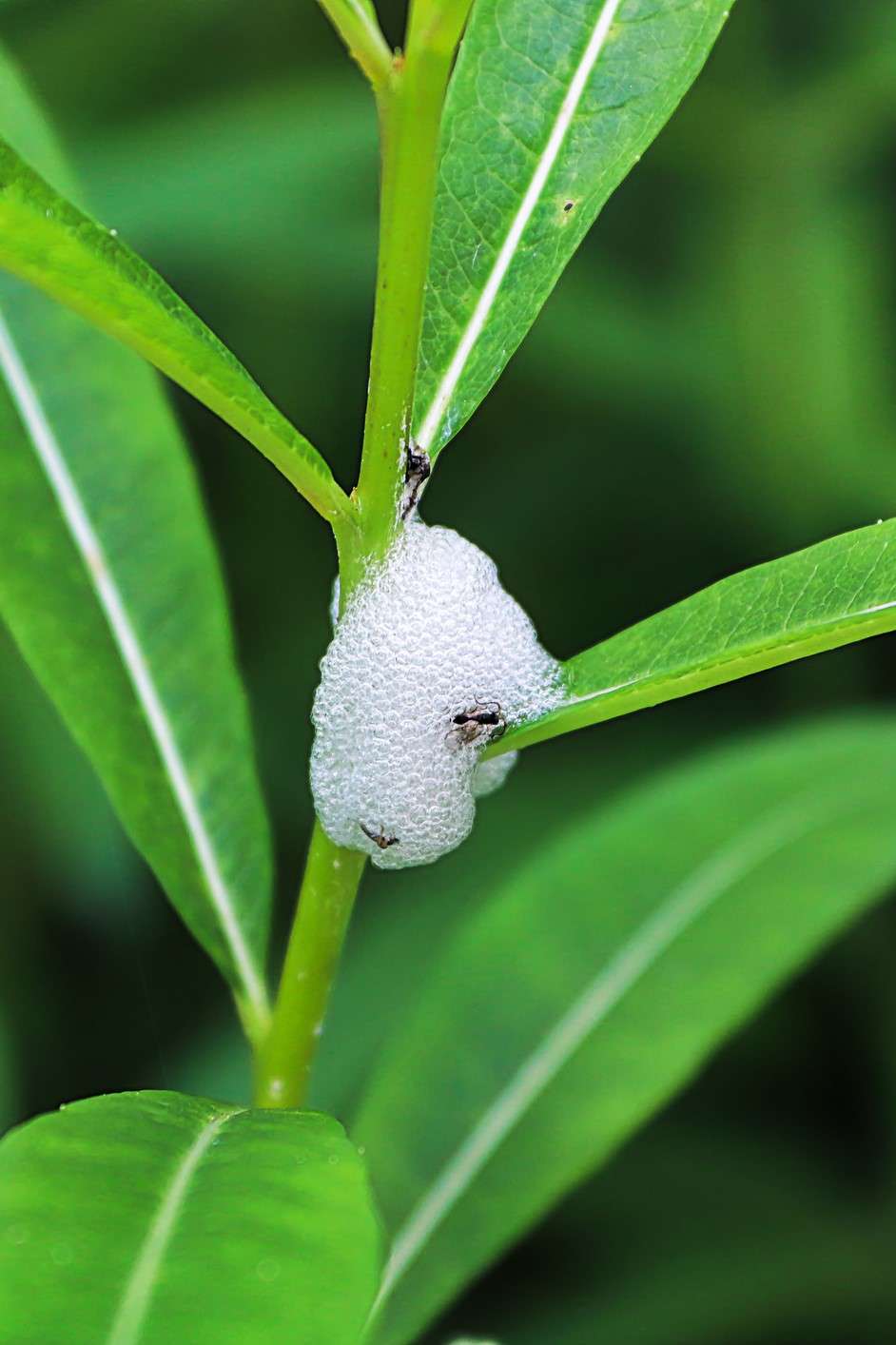
Spittlebugs can be hosed off.
